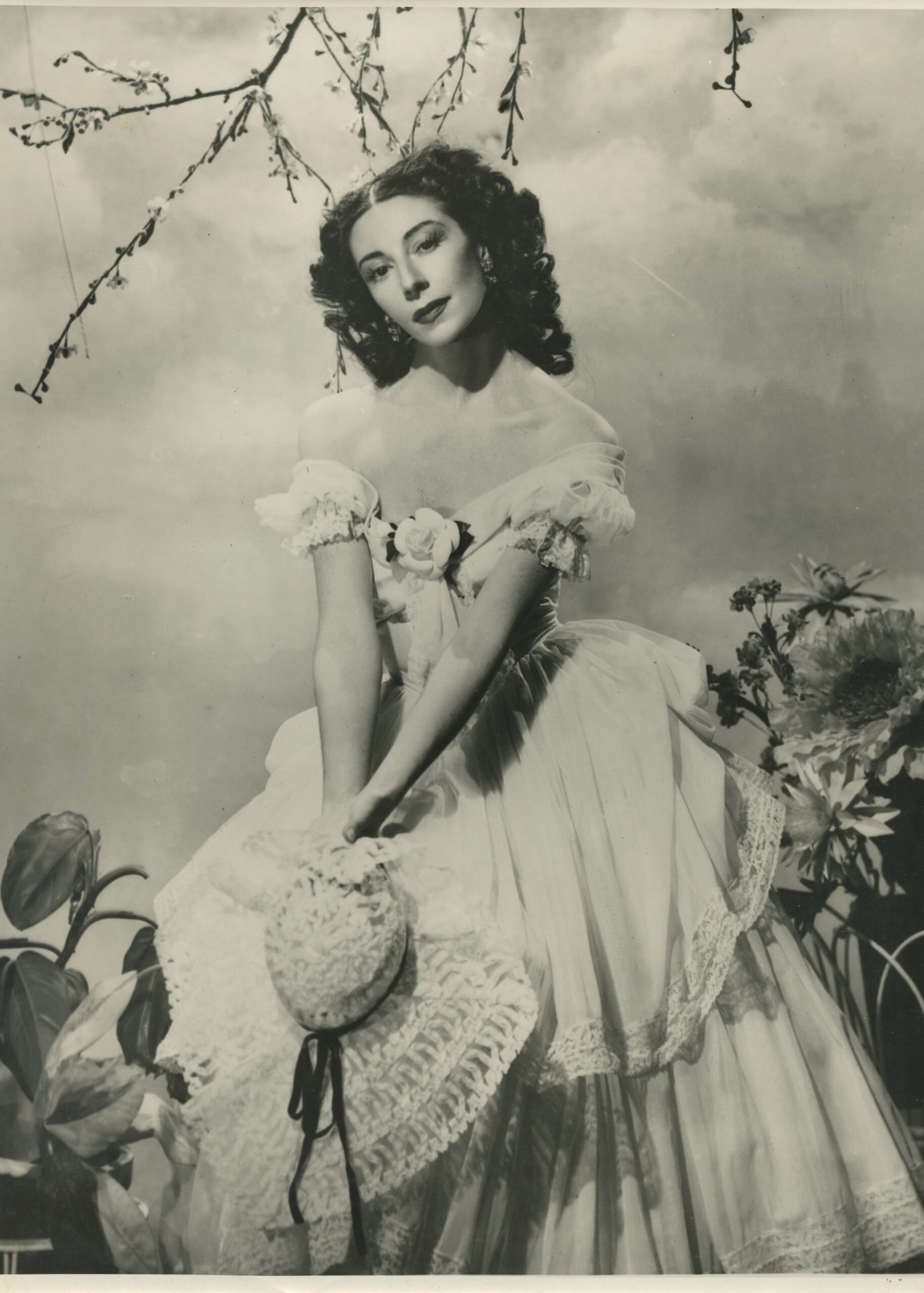Choreographer | Dame Alicia Markova

Dame Alicia Markova
Dame Alicia Markova (1910–2004), born Lilian Alice Marks in London, was Britain’s first prima ballerina and one of the most influential dancers of the twentieth century. Discovered at a young age for her exceptional talent, she joined Sergei Diaghilev’s Ballets Russes at just fourteen, becoming one of the company’s last protégées before his death in 1929. Her artistry was defined by purity, lyricism, and lightness, and she soon became internationally celebrated for her interpretations of the classics—especially Giselle, a role she both immortalized on stage and later chronicled in her book Giselle and I (1960). Markova went on to shape British ballet history with the Vic-Wells Ballet, becoming its first prima ballerina, and later co-founding the Markova–Dolin Ballet and the London Festival Ballet (today’s English National Ballet).
Over the course of her remarkable career, Markova helped popularize ballet across Britain and the world, appearing with companies such as the American Ballet Theatre and creating important roles, including Juliet in Antony Tudor’s Romeo and Juliet. Beyond the stage, she embraced touring and popular media, becoming one of ballet’s greatest cultural ambassadors of the mid-twentieth century. After retiring in 1963, she continued to influence the art form as a director, teacher, and mentor, holding posts at the Metropolitan Opera Ballet, University of Cincinnati, and the Royal Ballet School. Appointed Dame of the British Empire in 1963, she remained devoted to nurturing future generations of dancers until her death. Today, Alicia Markova is remembered as a trailblazer who elevated ballet as a British art form, co-founded institutions central to its legacy, and left an indelible mark on dance history.